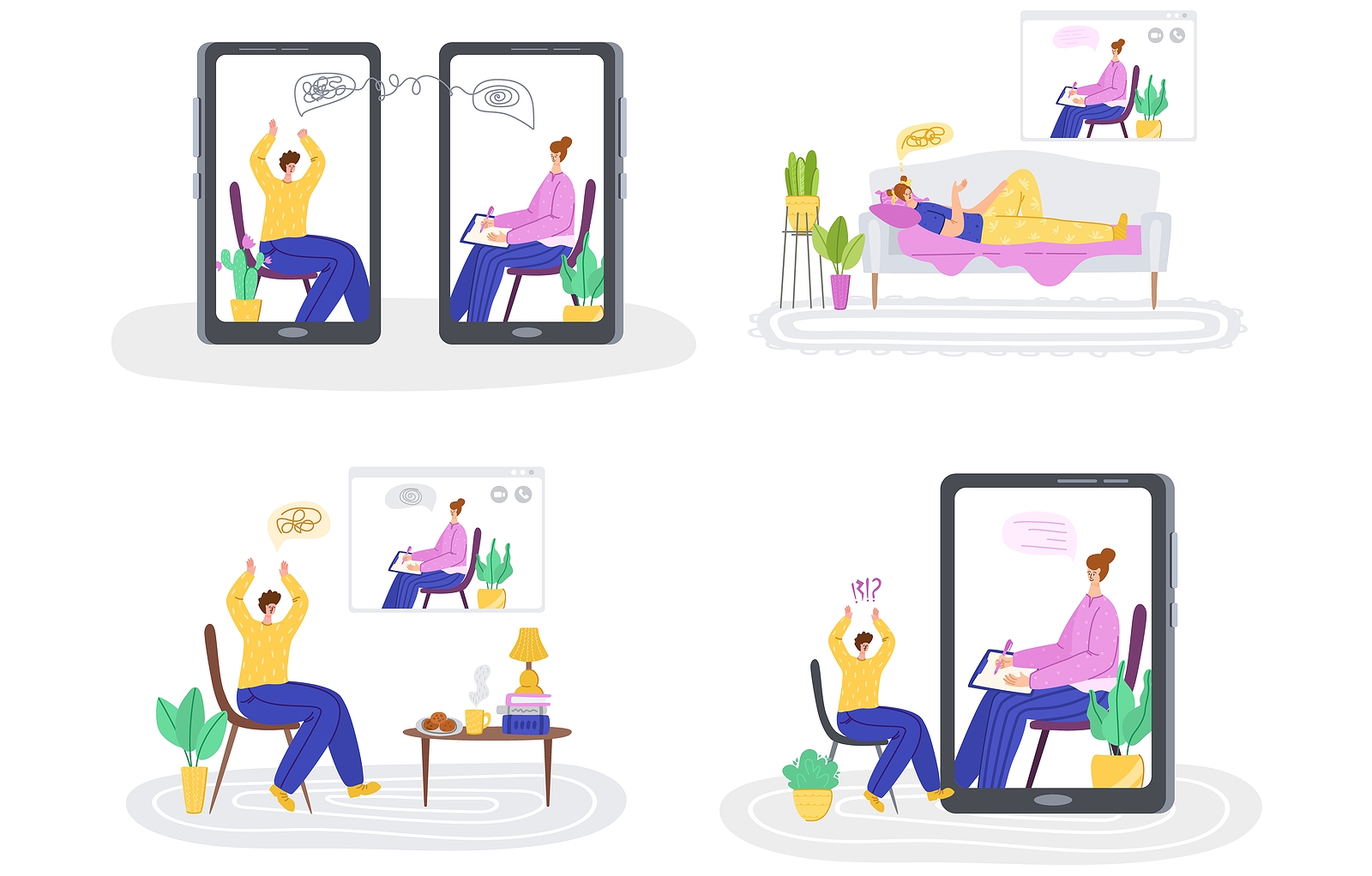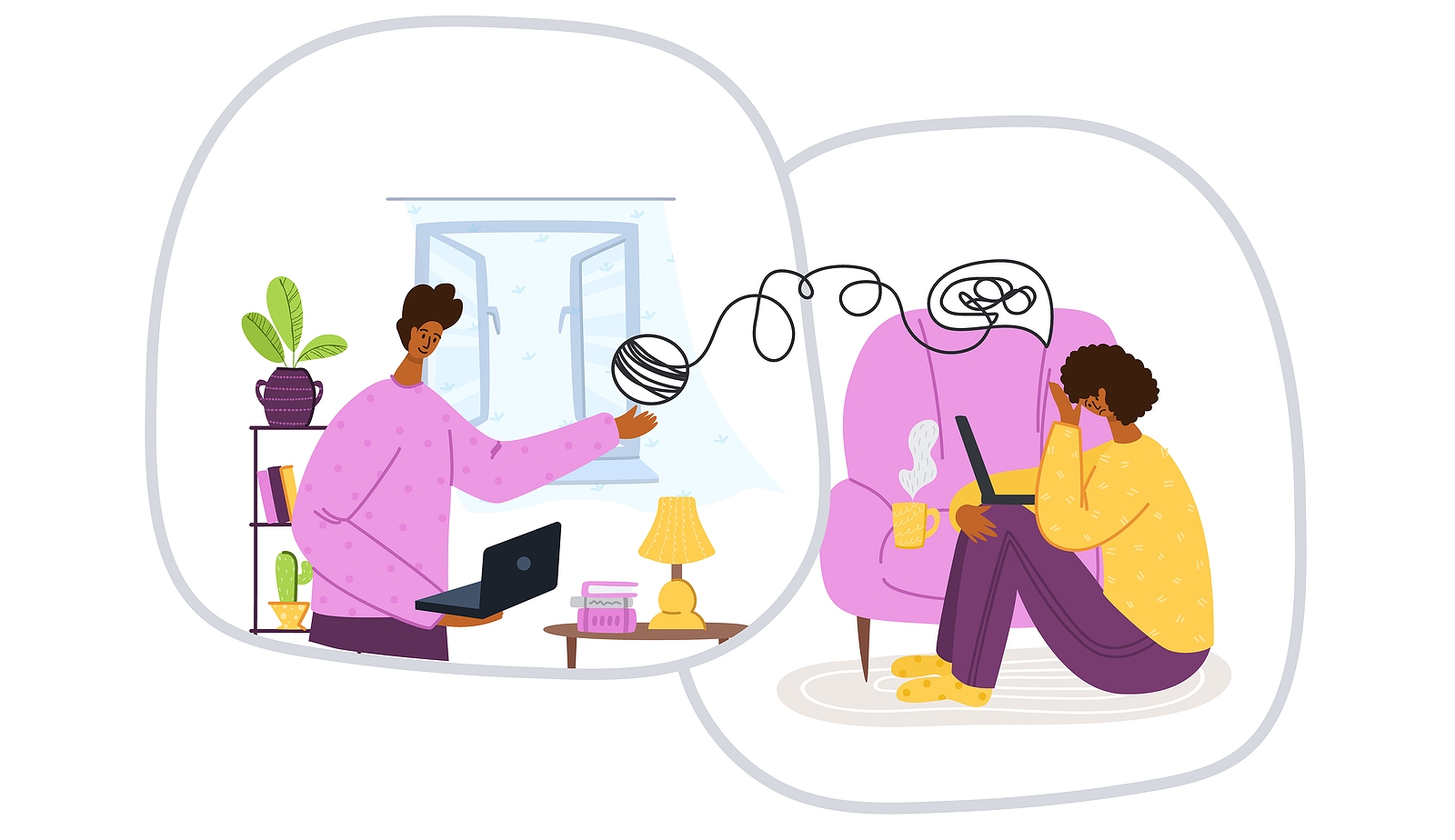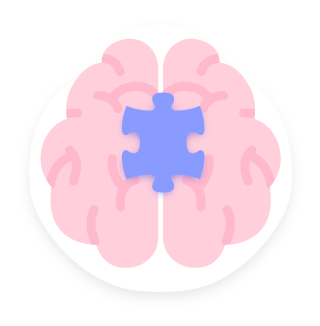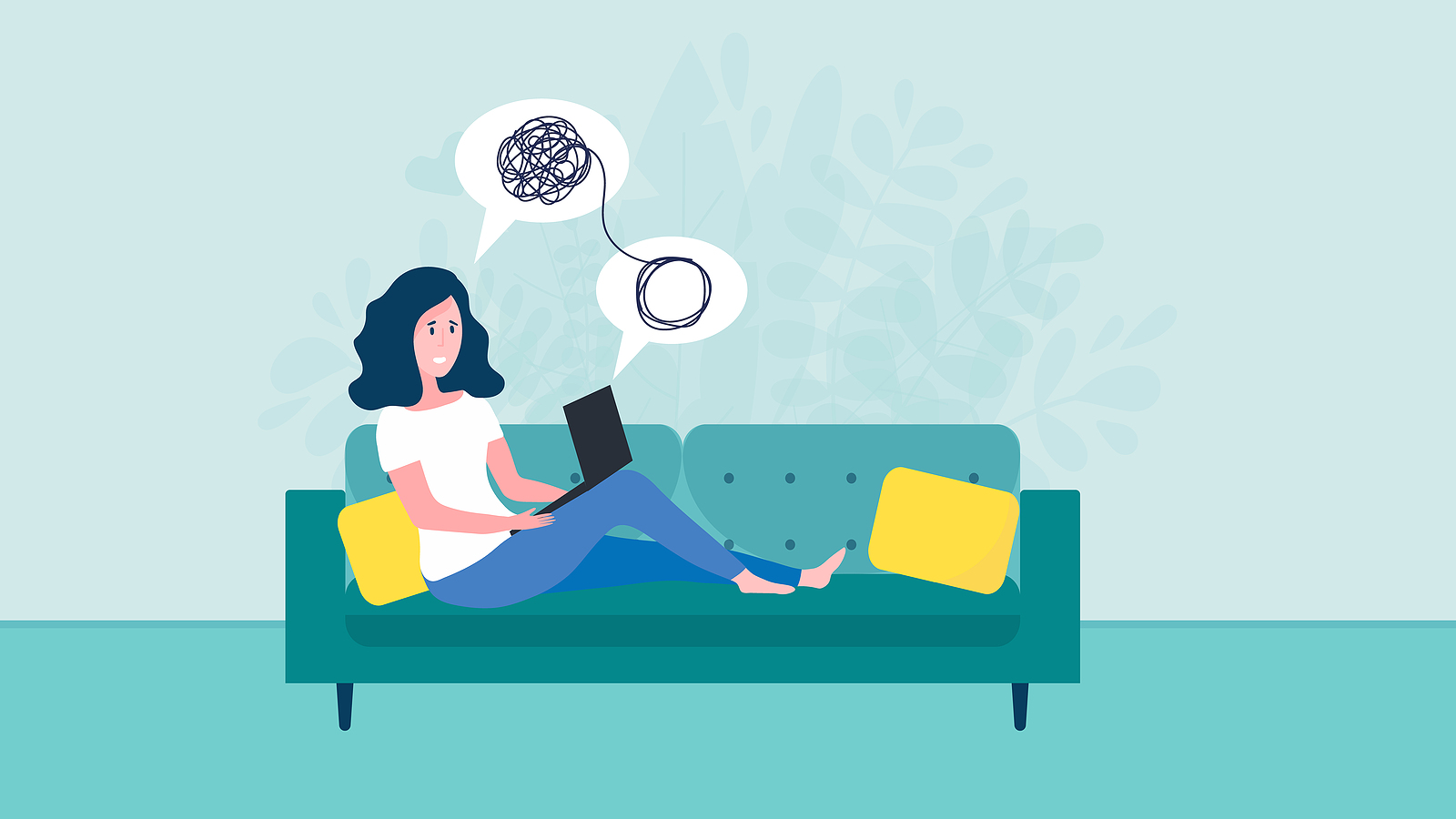The quality of our life can be measured to no small extent by the quality of our relationships with ourselves and others. Gaining the ability to regulate emotions in order to improve those relationships by employing DBT Distress Tolerance Skills is vital.
About Dialectics
The “D” in DBT stands for “dialectics”. Dialectics is how we synthesize acceptance and change. It’s the art of reconciling two seemingly contradictory opinions or positions, recognising the truth inherent in each position and reaching a synthesis that enables us to transcend the limitations inherent in the either/or mindset.
An effective exercise of dialectics allows people to move forward together in harmony, which is particularly important for people racked by powerful emotions, who typically espouse immovable opinions or who are prone to spouting extreme opinions. By applying dialectical skills to interactions with such individuals the therapist is able to validate their positions and achieve a degree of trust that might otherwise be out of reach.


About Behaviour Therapy
The “B” in DBT stands for “behaviour” and refers to the process of assessing the setup as well as the result of particular problem behaviours in order to reveal their cause and purpose so that effective change can be devised and implemented.
This type of approach to treatment is essential if a client manifests numerous problem behaviours. It provides an actionable framework for understanding those behaviours, and ultimately, a way to replace unproductive or counterproductive behaviour with behaviour that adds value to the person’s life.
This type of behaviour therapy focuses on dissecting and comprehending the observable, as opposed to applying various theoretical frameworks to the client’s situation. The DBT therapist is a keen observer of the client’s behaviour, tracking it in a systematic way that enables a comprehensive understanding of both causes and results. As a result, this type of therapy is fluid, changing direction as new observations yield additional information.
The Ultimate Aim of DBT Distress Tolerance Skills
The aim of DBT is to teach the client how to better regulate their emotion, how to recognise and mitigate problem behaviours and how to more effectively maintain healthy, productive relationships. The DBT course consists of four core modules:

Emotional Regulation
Emotions can often overwhelm us and spiral out of control. DBT enables the client to develop skills that will allow them to rein in their emotions and prevent them from producing counterproductive outcomes. Ultimately DBT will allow the client to get off the emotional roller coaster and obtain a measure of control they previously lacked.
Interpersonal Effectiveness
People often feel that their needs are not being met by others and this causes them to lash out or shut down. Or they may feel that they constantly wind up agreeing to things they wind up regretting. The interpersonal module helps clients learn how to ask for what they need and how to set all-important boundaries by learning the right times and the right way to say “no”.


Mindfulness
Mindfulness entails being intensely aware of both sensory input and emotional output in a given moment, and doing so by attempting to interpret that information or applying judgment to it. The mindfulness skills the client learns will allow them to stay in the moment instead of being carried away on a wave of feelings.
Distress Tolerance
Many people are susceptible to being emotionally “triggered” by other people, circumstances or even specific words or terminology. The resulting emotional dysregulation is hardly ever helpful nor does it lead to any type of productive endpoint. Distress tolerance training enables the client to neutralise their reactive tendencies by effectively managing emotional extremes.

Navigating a Crisis Using DBT Skills
A great example of DBT Distress Tolerance Skills in action is the ACCEPTS acronym. The individual letters of the acronym stand for the different ways of creating effective distractions that will help restore a situation to its proper equilibrium:
A = Activities: DBT Distress Tolerance Activities are a simple form of distraction that can restore emotional order, whether it’s cleaning the kitchen or watching your favourite streaming show.
C = Contributing: Contributing on a societal or personal level to promote a cause or help a friend is another productive distraction.
C = Comparisons: If the person finds themselves emotionally distraught, comparing their current feelings to how they felt at a different time can yield a useful comparison.
E = Emotions: Instead of letting emotions run wild, channel them through an activity such as reading an emotional book or watching an emotional movie.
P = Pushing away: This entails simply shutting off the vexing situation for a moment. Back out of the conversation, go to the restroom or block out painful memories.
T = Thoughts: Neutralise emotions by engaging your mind. Count something, sing your favourite song, watch a video on a favourite topic.
S = Sensations: Physical sensations can be a very effective distraction. So take a cold shower or go sit in the sun for a few minutes.
Contact DBT London
If you have any questions regarding the course or want to book your space, please do get in touch.
